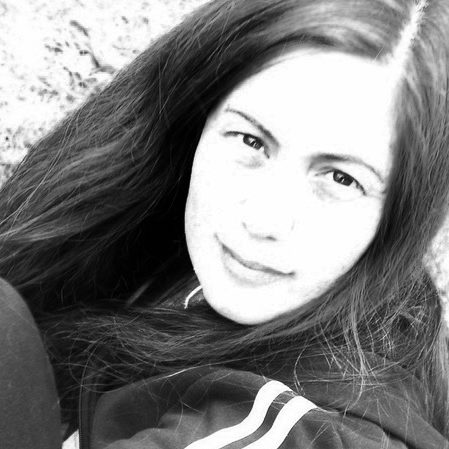 Rabbi Stewart L. Vogel
Rabbi Stewart L. Vogel ED: The following is a excerpt from the story, “Rabbis Share Sneak Previews of Holy Days Messages” which ran in our Rosh Hashanah Sept. 7 issue.
Rabbi Stewart L. Vogel
Temple Aliyah, Woodland Hills
We live in an era in which people are being accused of crimes, indiscretions, harassment and even inappropriate social media posts that actually occurred years ago. The #MeToo movement is a reminder that there is no statute of limitations on accountability. But in the social angst of accountability that we are now feeling, the question of forgiveness has also been raised. Namely, what does it take for someone to be forgiven? With the convergence of social movements in which we are holding individuals accountable and a divisiveness in which political sides hold people guilty just by association, is there room for forgiveness? We live in a world that seems bent on justice, but what about mercy? According to a midrash, God created the world with the attributes of justice and mercy, judgment and forgiveness.The entire essence of these High Holy Days is predicated on the opportunity for people to seek forgiveness through a process of repentance. What does that penitential process look like that leads to forgiveness? Without the opportunity for forgiveness, there is no reason for us to reflect and change during these High Holy Days.























 More news and opinions than at a Shabbat dinner, right in your inbox.
More news and opinions than at a Shabbat dinner, right in your inbox.